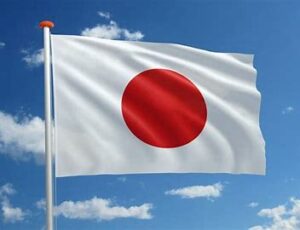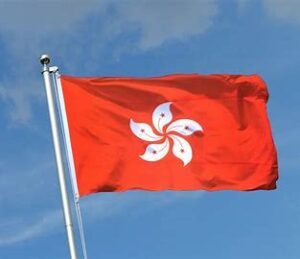
Australia Issues a Draft Law to Amend Global Minimum Tax Rules
On February 16, 2026, Australia issued the Taxation (Multinational—Global and Domestic Minimum Tax)
Amendment (2026 Measures No.1) Rules 2026, to amend its Global Minimum Tax Rules.
Pension funds are subject to a number of specific provisions under the Pillar Two rules. In this article we look at some of the key aspects of Pillar Two that impact on Pension Funds.
Excluded Entities
Article 1.5.1 of the Model Rules provides that a Pension Fund and certain other related entities are excluded entities for Pillar Two purposes.
This is important as excluded entities are not subject to top-up tax or any obligation to apply an income inclusion rule or under-taxed payments rule. However, excluded entities are still taken into account for the purposes of determining whether the MNE group has exceeded the 750 million consolidated revenue threshold.
• An excluded entity must hold directly or indirectly at least 95% of the value of the entity; and
• The entity must operate ‘exclusively or almost exclusively’ to hold assets or invest funds or carry out activities that are ‘ancillary’ to the activities of the excluded entity.
An entity owned by an excluded entity can also be treated as an excluded entity where at least 85% of the value of an entity is owned (directly or indirectly) by one or more excluded entities (excluding pension services entities), and where substantially all of the entity’s income is dividends or equity gains or losses excluded from the Pillar Two GloBE income or loss calculation.

On February 16, 2026, Australia issued the Taxation (Multinational—Global and Domestic Minimum Tax)
Amendment (2026 Measures No.1) Rules 2026, to amend its Global Minimum Tax Rules.

On February 13, 2026, Poland issued a draft law to amend its Global Minimum Tax Law for the December 2023, June 2024 and January 2025 OECD Administrative Guidance. This also includes QDMTT changes, including the introduction of a Local Financial Accounting Standard rule.

On February 12, 2026, Cabinet Resolution No. (2) of 2026, was published in the Official Gazette to provide for the detailed implementation of the IIR and QDMTT in Qatar.

On February 6, 2026, the Italian Revenue Agency approved the model for the GloBE tax Return. This is a consolidated form with information on the calculation of top-up tax under the IIR, UTPR and QDMTT.

On January 29, 2026, Canada’s Department of Finance released draft GMTA technical amendments introducing an elective private investment entity de-consolidation rule for Pillar Two/GMTA purposes.

On January 30, 2026, Japan’s National Tax Agency issued a law implementation circular clarifying certain aspects of its UTPR and QDMTT.

In January 2026, Canada issued the filing procedures for the GIR, GMT Return and the Double Filing Relief Notification.

On January 19, 2026, South Korea issued a Draft Law to amend the Enforcement Decree to the International Tax Adjustment Act. This provides for detailed provisions for the application of the QDMTT and will also extend the Transitional CbCR Safe Harbour by 1 year (as provided in the January 2026 OECD Side-by-Side Package).

On January 19, 2026, the Hong Kong Inland Revenue Department opened its E-filing portal for the submission of Top-Up Tax Notifications
| Cookie | Duration | Description |
|---|---|---|
| cookielawinfo-checkbox-analytics | 11 months | This cookie is set by GDPR Cookie Consent plugin. The cookie is used to store the user consent for the cookies in the category "Analytics". |
| cookielawinfo-checkbox-functional | 11 months | The cookie is set by GDPR cookie consent to record the user consent for the cookies in the category "Functional". |
| cookielawinfo-checkbox-necessary | 11 months | This cookie is set by GDPR Cookie Consent plugin. The cookies is used to store the user consent for the cookies in the category "Necessary". |
| cookielawinfo-checkbox-others | 11 months | This cookie is set by GDPR Cookie Consent plugin. The cookie is used to store the user consent for the cookies in the category "Other. |
| cookielawinfo-checkbox-performance | 11 months | This cookie is set by GDPR Cookie Consent plugin. The cookie is used to store the user consent for the cookies in the category "Performance". |
| viewed_cookie_policy | 11 months | The cookie is set by the GDPR Cookie Consent plugin and is used to store whether or not user has consented to the use of cookies. It does not store any personal data. |